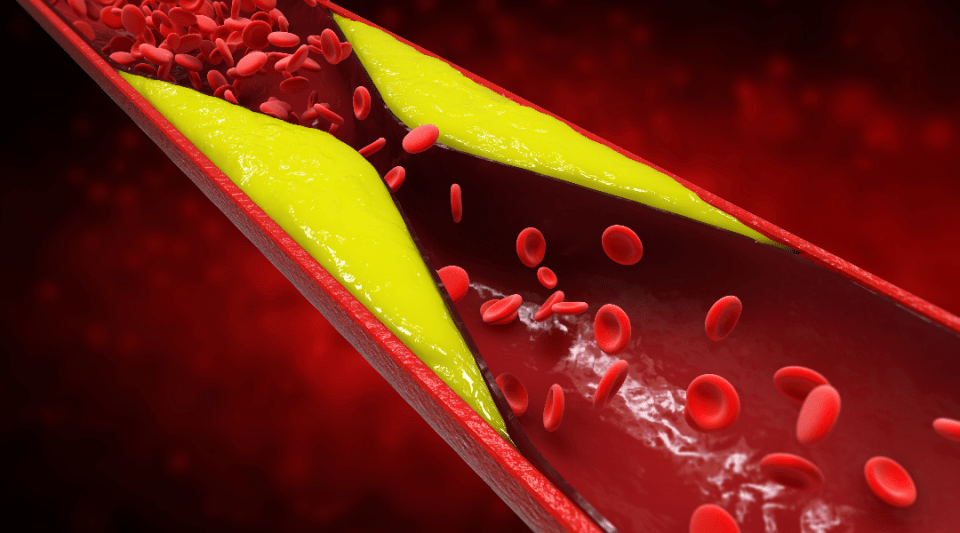22 January 2024
Substantiated information by:

Anna Vilella
Head of the Preventive Medicine and Epidemiology Service

Antoni Trilla
Epidemiologist
Preventive Medicine and Epidemiology Service

Marta Aldea Novo
Preventive Medicine and Public Health Specialist Doctor
Preventive Medicine and Epidemiology Service
Published: 13 January 2022
Updated: 13 January 2022
Subscribe
Receive the latest updates related to this content.
Thank you for subscribing!
If this is the first time you subscribe you will receive a confirmation email, check your inbox
An error occurred and we were unable to send your data, please try again later.



